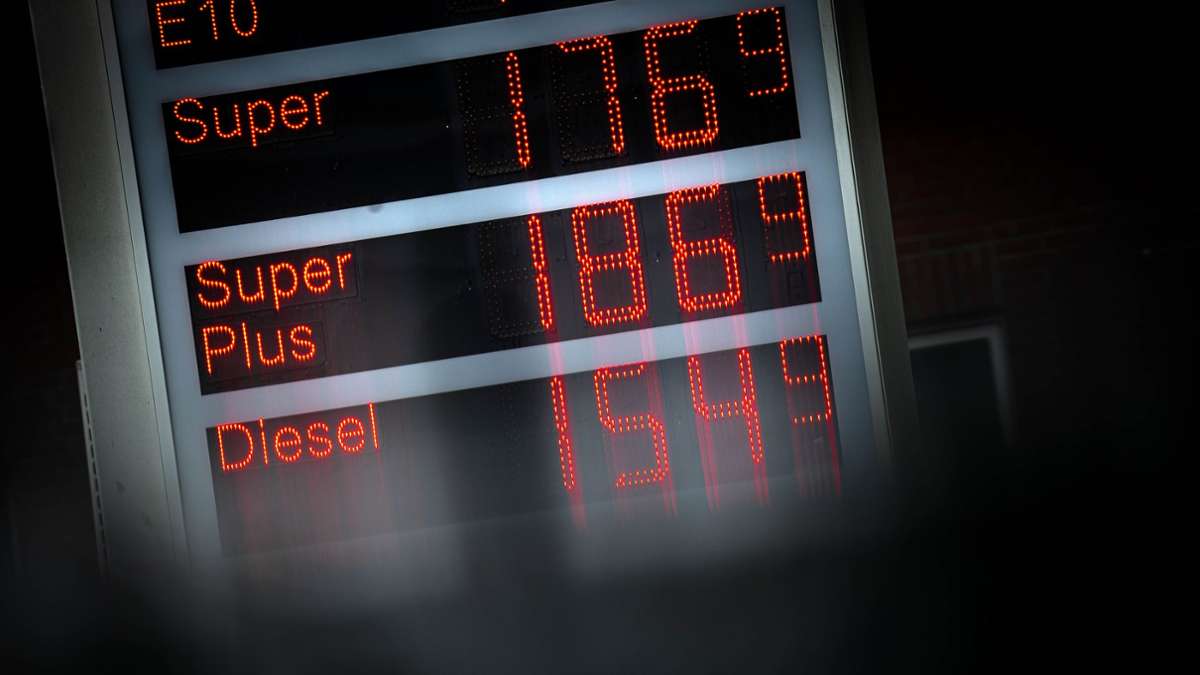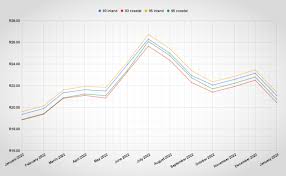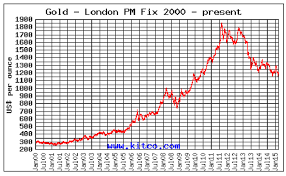Introduction
The fluctuations in petrol prices have significant implications for South African consumers and the economy as a whole. With the country’s heavy reliance on fuel for transportation and logistics, the cost of petrol often influences various sectors, from food prices to public transport. As of October 2023, many South Africans are feeling the pinch at the pump, prompting discussions about the factors influencing these price changes.
Recent Changes in Petrol Prices
In recent months, South Africa has witnessed a notable increase in petrol prices, with the latest hike occurring on October 4, 2023. The price for 95 octane petrol increased by R1.20 per litre, taking the price to R24.03 in Gauteng, while other regions saw similar increases. The rise is attributed to several factors, including the ongoing global crude oil price fluctuations, which are currently over $90 per barrel, and the weakening of the South African Rand against major currencies.
According to the Department of Energy, international factors including geopolitical tensions in oil-producing regions have contributed to this volatility. Additionally, local logistical challenges have exacerbated the situation, affecting supply chains and availability.
Impact on Consumers and Economy
The recent increases in petrol prices have a cascading effect on consumer goods and services. Economists warn that transport costs will rise, leading to increased prices for essential goods as it becomes more expensive for suppliers to deliver products. Public transport sectors such as taxis and buses have also announced fare hikes, further straining household budgets, particularly in lower-income communities.
Looking Ahead
As we move into the final quarter of 2023, analysts predict that petrol prices may either stabilize or experience further increases depending on a variety of factors, including global oil demand and local economic conditions. The South African government has expressed its commitment to finding long-term solutions to alleviate the burden on consumers while balancing the need for sustainable fuel pricing.
Conclusion
The current state of petrol prices in South Africa serves as a reminder of the interconnectedness of global markets and local economies. Consumers are advised to budget accordingly and remain aware of potential price hikes in the coming months. The ongoing dialogue around energy prices and sustainable fuel options will be crucial in shaping the future of transport and the economy in the country.


